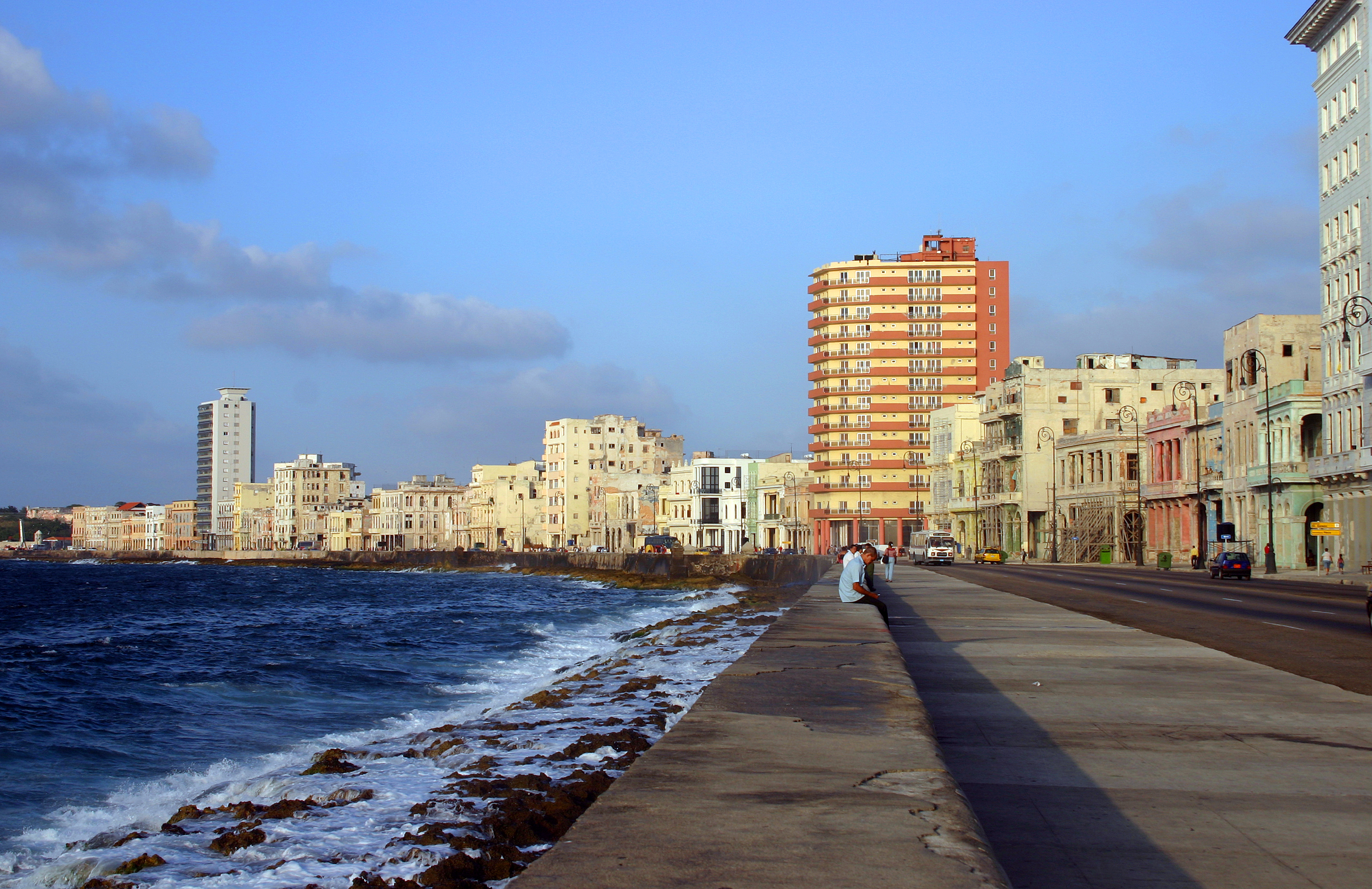I once interviewed a Cuban blogger who described the Internet as a place where Cubans (the few who were online) could experience a form of citizenship—an active, participatory democratic experience—that they couldn't have in real life. As she put it, “we are learning to be citizens in cyberspace.” Although her focus was on the particular limitations on public expression and debate in Cuba, I took her point broadly, thinking of my Internet activist colleagues who often describe themselves as being citizens or residents “of the Internet.”
As online movements have grown in scope and impact, many of us have developed a do-it-yourself, participatory sense of citizenship that is more strongly tied to a global collective than to a transactional agreement with a particular nation state. We have not only fought hard to uphold some policies and strike down others, but we've actually started to develop international standards [2] for the exercise and protection of rights online. Countries, borders, and nationalities remain dominant and important in many ways, but they do not feel as sharply defined or as binding as before.
These two paradigms, the traditional world of nation-states and the new one of fluid borders and internauts, had a nasty collision this June, when leaked NSA documents revealed that the US government was spying on a sizable chunk of the global population. It's easy to assume that this might have happened no matter what, but the particular terms that governed the lawless, unchecked surveillance regime of the NSA cut right at the heart of this question of borders and “Internet citizenship”.
We now know that NSA spying practices hinge on an arbitrary measure of “foreignness”. Predicated on the faulty assumption that terrorists are usually foreign, authorities decided to track the communications of foreigners at large, rather than limiting their investigations to people who were actually associated with terrorist organizations.
If analysts could prove that an individual was foreign or at least bore a “51% likelihood of foreignness,” a measure based on how often they communicated with individuals outside of the country, they could spy on this person as they pleased. After all, under US law, the government is not obligated to guarantee constitutional protections to people who don't live in the US.
Many advocates in the US since have focused on defending the rights of US people before this practice—over half the population of the US was deemed foreign by this standard. But the NSA's hare-brained “foreignness” measurement scheme proves that online, it is all but impossible to prioritize the rights of one group (in this case, “US people”) over those of another.
The results of this policy also prove something about the porousness of our borders. While most of us belong to at least one state, we connect to people in many countries through our daily communications and lives online. Borders are a fluid thing.
In the offline world, we accept the fact that laws and our rights vary from country to country. But online, where both social norms and technical realities have led to a more fluid reality, this is not so easy to swallow. If we continue to protect only the rights of certain people based on citizenship or some other crude measure, we will lose. We must see the borderlessness that technology has afforded us not just as a beautiful concept, but as a practical reality. The Internet is a place where we actually could try to protect everyone’s rights, equally.
In the face of these challenges, rights advocates around the world are working to assert and uphold universal human rights, a concept of which US leaders (clearly not thinking ahead) were original proponents. Arguably, there’s never been a better time to actually put this concept into action. We have at our disposal a medium that is not entirely universal, but comes closer to being so than anything else we've ever had. The Internet not only enables us to imagine this universality on a real scale — it also empowers us to do something about it.
Ellery Roberts Biddle is the editor of Global Voices Advocacy [3] and a long-time member of the Global Voices community. She lives in San Francisco where she devotes most of her time to thinking and writing about free expression and privacy online and the politics of Internet use in Cuba. She blogs at half-wired [4]. Follow her on Twitter at ellerybiddle [5].
